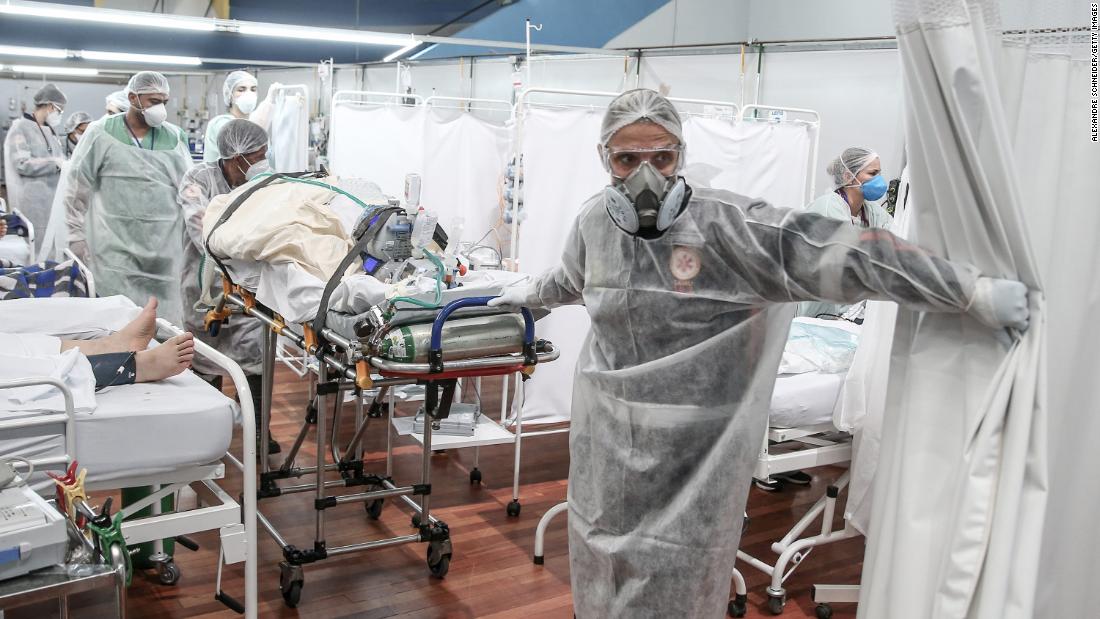
“If possible, (women should) postpone the pregnancy a little to a better time so they can have a more peaceful pregnancy,” the Brazilian Health Ministry’s secretary of primary health care said on Friday. “We can’t tell those who are 42, 43, of course, but for a young woman who can, it’s best to wait a bit,” she said during a press conference.
According to Johns Hopkins University, Brazil is only second in the United States in terms of deaths from Covid-19, with 368,749 deaths and more than 13.8 million cases. Cities across the country have been hit hard by a recent rise in Covid-19 cases and deaths, fueled in part by new variants believed to be extra contagious and the disregard of some Brazilians for social distancing precautions. .
“In Brazil, the federal response has been a dangerous combination of inaction and wrongdoing, including the promotion of chloroquine as a treatment despite a lack of evidence,” said a team led by Marcia Castro of the School of Public Health. of Harvard TH Chan, experts at The University of São Paulo and other places wrote in their report, published in the journal Science.
The researchers argued that the federal government’s “quick and equitable” responses could have helped contain the outbreak and protect the most vulnerable, but leaders have failed and continue to fail.
In the city of Manaus, an increase in severe cases caused the collapse of hospital systems, with a lack of oxygen for patients.
“Without immediate action, this could be a preview of what is yet to happen in other locations in Brazil,” the team warned. Unless the government takes immediate action, conducts epidemiological and genomic surveillance measures, and intensifies vaccinations, the spread of variants is likely to lead to “unimaginable loss of life.”
Camara said Friday that the ministry is working on studies on the issue of pregnancy and its variants.
“We don’t have a national or international study, but the clinical view of the experts shows that the new variant has a more aggressive action on pregnant women,” she said. “Before, [severity] it was related to the end of the pregnancy, but now (they) see a more serious evolution in the second trimester and even in the first trimester, ”she added.